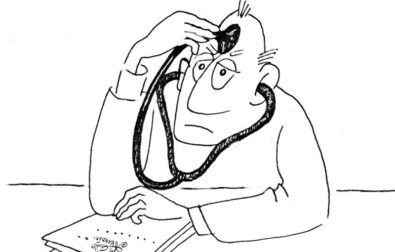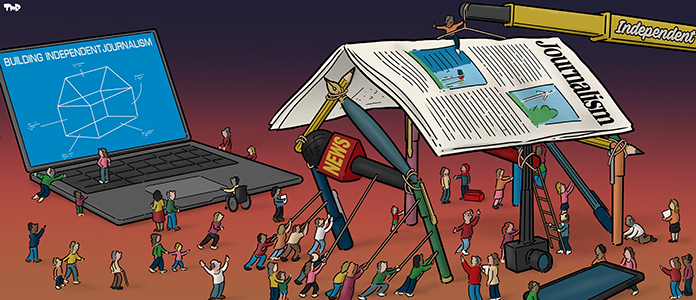Comments in the media suggesting that Slovakia is suffering from a particularly severe economic crisis, which is in part due to an overvaluation of the Slovak crown (30,126 Sk for one euro) when the euro was adopted, have resulted in heated debate. The vice governor of the National Bank of Slovakia, Martin Barto, pointed out that the majority of products bought by consumers who crossed the border were imported from elsewhere, and this implied that the difference in prices caused a variation in local conditions for large-scale retailers. He further asserted that Slovak consumers were voting with their feet, because Slovakia does not have enough medium-sized stores, which are better able to manage flexible pricing schemes. In conclusion, he announced that cross-border shopping is a symptom of a larger problem in the Slovak economy, which is almost entirely based on large car and steel companies, and suffers from a lack of medium-sized companies.
Vous appréciez notre travail ?
Contribuez à faire vivre un journalisme européen et multilingue, libre d’accès et sans publicité. Votre don, ponctuel ou mensuel, garantit l’indépendance de notre rédaction. Merci !















